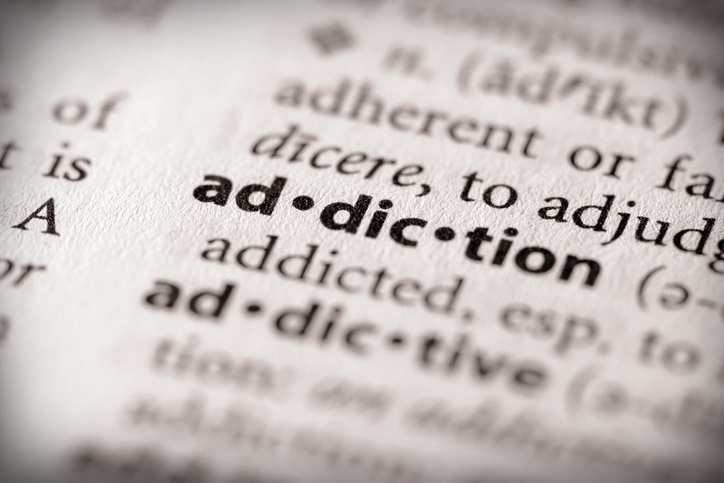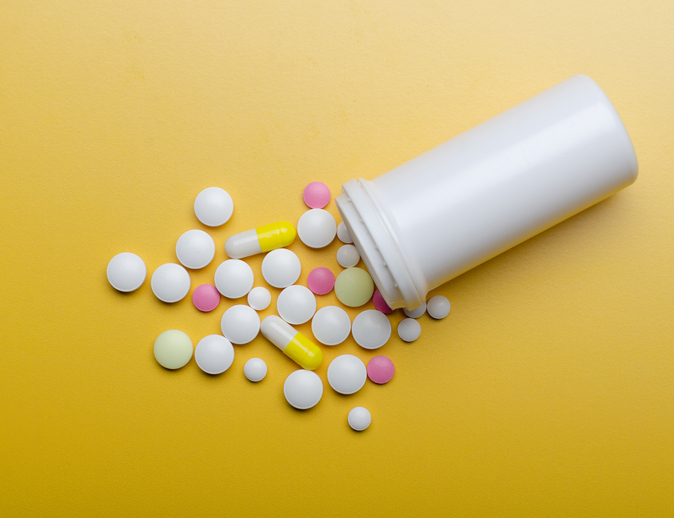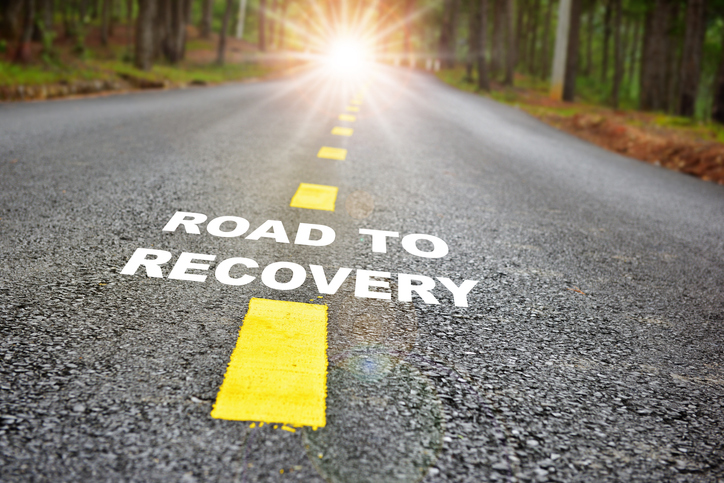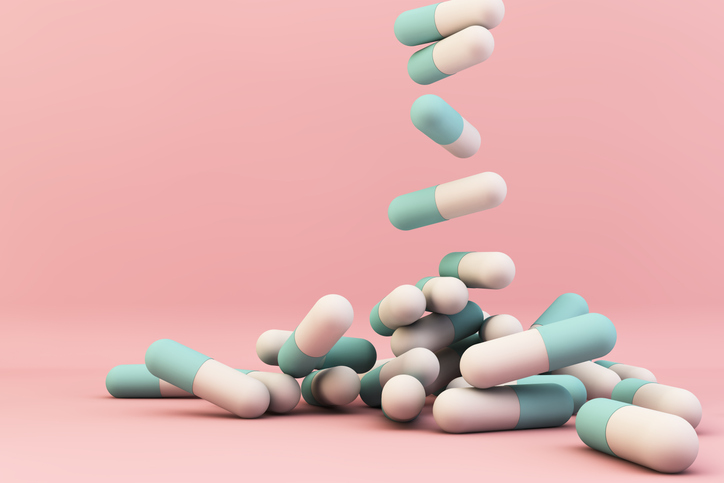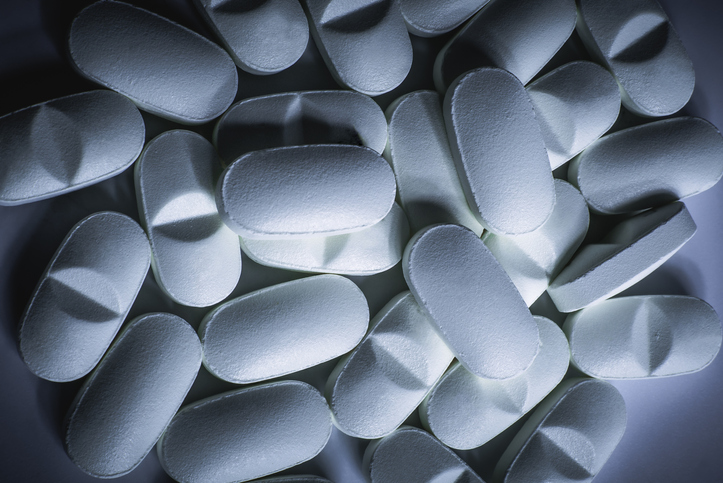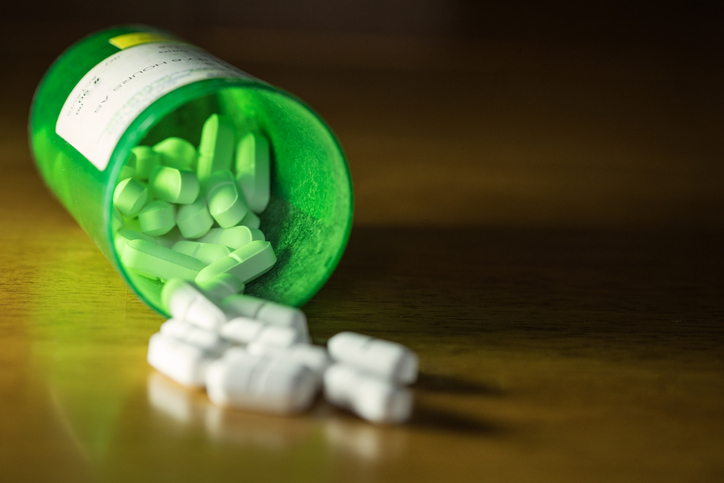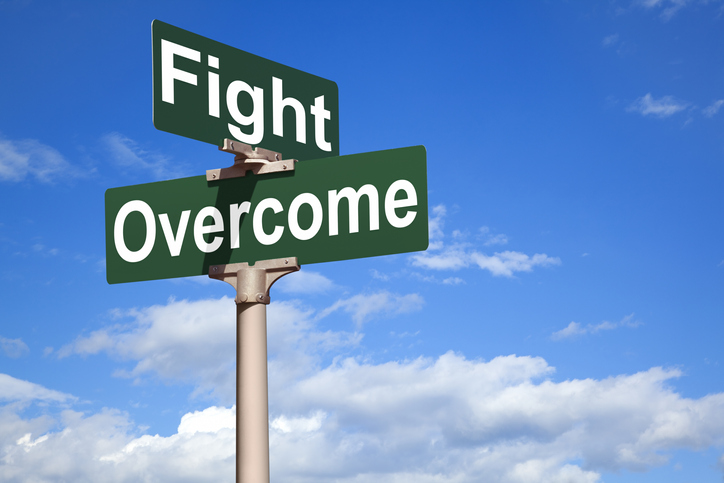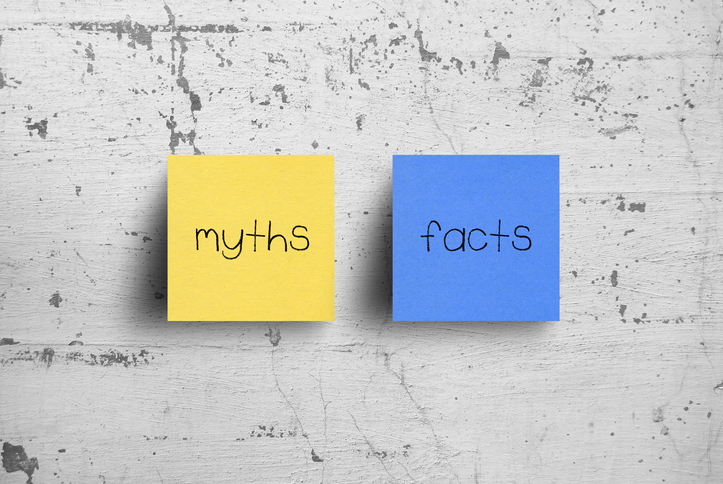Opioid Epidemic
Opioid Addiction Resources
Addiction can be explained using the 4 Cs.
- Craving
Cravings for the drug occur. This is not the same as the desire to reduce pain levels. - Control
Loss of control of the amount and frequency of medication use occurs. More of the medication is taken than prescribed, resulting in running out of medication before the next refill. - Compulsion
Compulsion to use the drug occurs. This includes using the medication even if pain is not present. - Consequences
Medication use continues despite negative consequences, including family issues or work-related incidents. Use of the medication continues despite no longer being able to get the medication from a doctor or in a legal way.
Various factors contribute to the development of addiction, including genetics, environment, mental health issues, life stressors, and how the medication interacts with the brain.
Addiction may lead to illegally obtaining medication. The danger of illegal drugs is that they may contain contaminants and much stronger active ingredients. When addiction is an issue, taking the medication in a different way from how it would normally be taken may also occur. Crushing pills in order to snort or inject them is a common example.
Finding resources for individuals who have chronic pain and are concerned about opioid addiction can be challenging. The Substance Abuse & Mental Health Services Administration National Helpline is a free, confidential, 24/7, 365-day-a-year treatment referral and information service (in English and Spanish) for individuals and families facing mental and/or substance use disorders. They can be reached at 1-800-662-HELP (4357).



